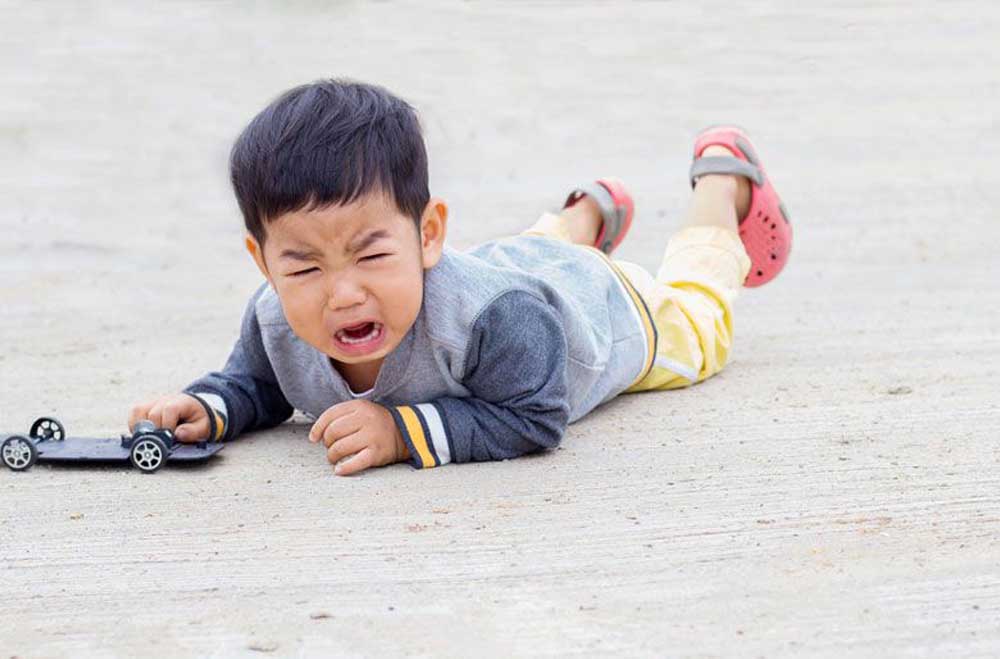Awe-Inspiring Examples Of Tips About How To Handle Baby Tantrums

These screaming, kicking, crying fits are a part of typical development and allow our children to communicate their unhappiness and/or frustration about an event or response, typically when they do not get their way or something that they want.
How to handle baby tantrums. Health library / articles / temper tantrums temper tantrums you may feel exhausted and frustrated when your kid throws a tantrum, but temper tantrums are usually nothing to worry about. One minute your child is as happy as can be; 1) let your child know you understand how they feel you could say:
A public tantrum might trigger a stronger emotional response in you, so take a few moments and. Once a child can talk more, they're less likely to have tantrums. Most toddler temper tantrums last for a few to 15 minutes, and for most children, they will recover.
Give your child enough attention and catch them being good. provide specific praise in successful moments. Catch the emotions when they are still small. A certain number of temper tantrums are inevitable;
Why do kids have tantrums? The tone of your voice can help calm your child. Everything you say and do seems to make the tantrum worse, and it takes all of your remaining resources not to throw a tantrum yourself.
Remember that once your toddler is upset, her brain isn't capable of calming her down. Separate yourself from your child’s behavior. This works better before he's in full tantrum mode.
When a tantrum happens, these 3 steps might help you both. Why is that?
However, there are things you can do to reduce the number and frequency of temper tantrums. Try to identify the problem. Come up with a list of things you can do to calm down and share it with your child.
They usually start when a kid turns one, and peak up until about the age of four. Here are some actions you can take ahead of a major meltdown: How to handle public temper tantrums start on the right foot.
These ideas may help you cope with tantrums when they happen. Slow down and stay cool. Your child may have a tantrum because they're tired or hungry, in which case the solution could be simple.
But instead of looking at them as disasters, treat tantrums as opportunities for education. Typically, the best way to respond to a tantrum is to stay calm. It isn't a skill that they have on their own just yet.


















